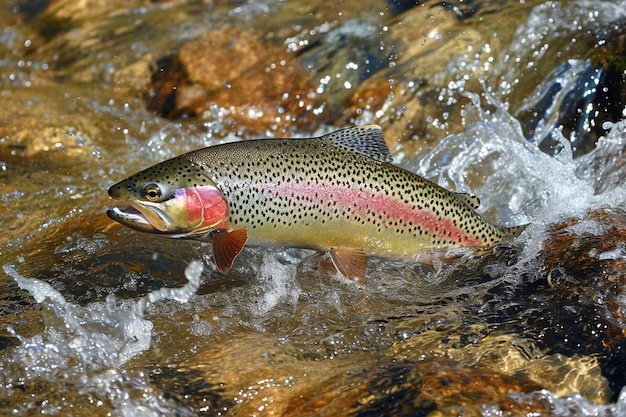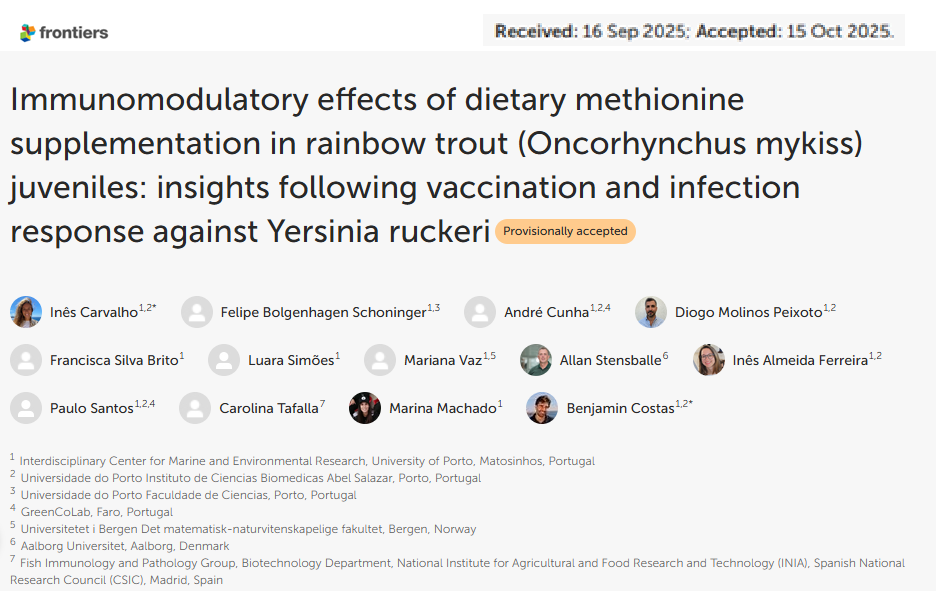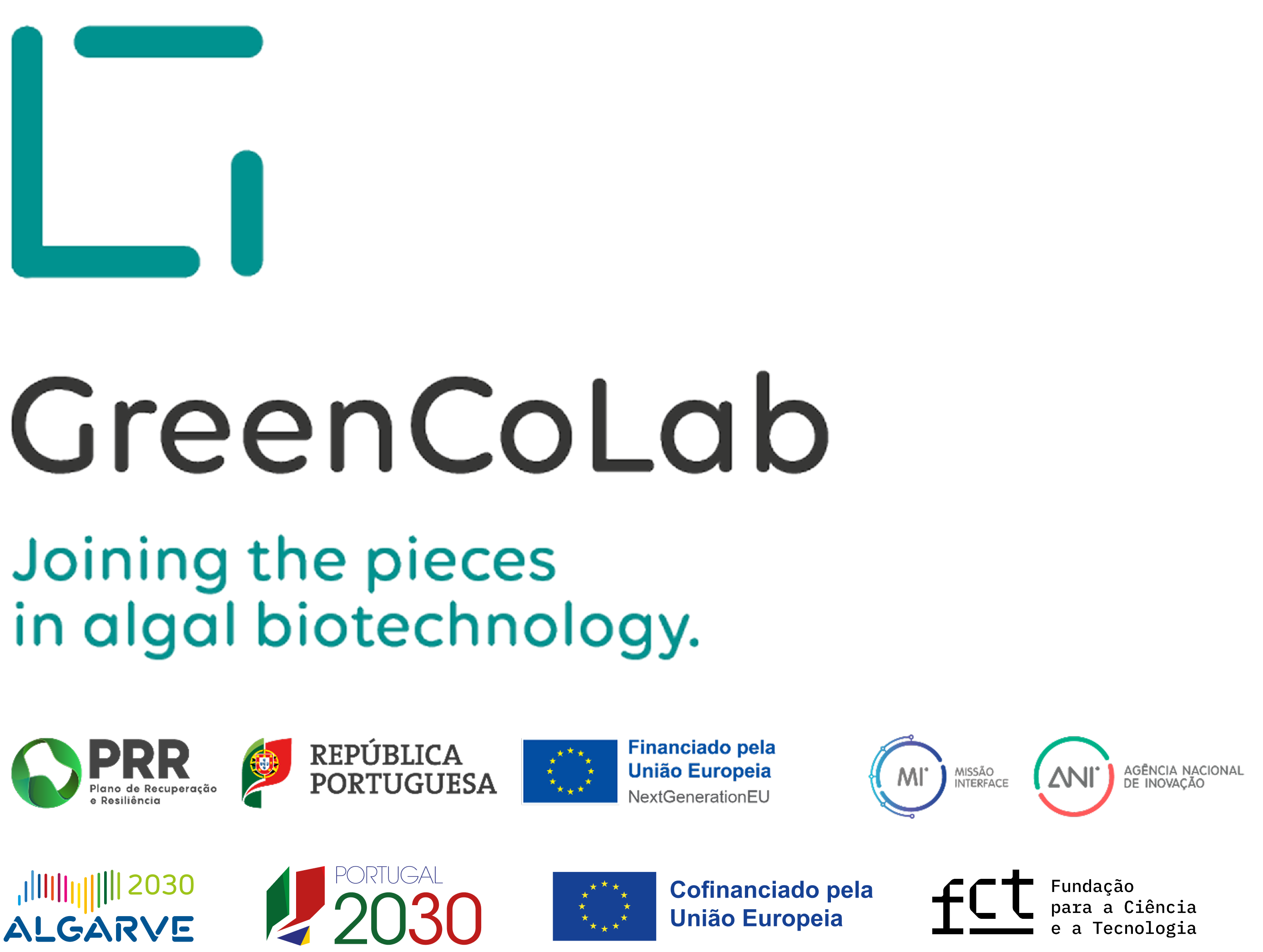

TITLE
Immunomodulatory effects of dietary methionine supplementation in rainbow trout (Oncorhynchus mykiss) juveniles: insights following vaccination and infection response against Yersinia ruckeri
JOURNAL
Frontiers in Immunology
AUTHORS
Inês Carvalho, , , Diogo Molinos Peixoto, , Lara Simões, Mariana Vaz, Allan Stensballe, Inês Almeida Ferreira, Paulo Santos, Carolina Tafalla, Marina Machado, Benjamin Costas
ABSTRACT
Methionine, an essential amino acid, participates in various pathways with implications for the immune system. Recent evidence suggests that it may support both innate and adaptive immune mechanisms. In the present study, it was hypothesized that dietary methionine supplementation prior to vaccination may be a promising strategy to improve vaccine efficacy. Hence, the current research aimed to evaluate the effects of dietary methionine supplementation on the immune status of rainbow trout (Oncorhynchus mykiss) juveniles, its role in modulating immune responses, as well as its potential synergistic effects with a commercial vaccine. To this end, fish were fed either a control diet (CTRL), meeting the methionine requirements of the species, or a methionine-supplemented diet (MET). After 4 weeks, half of the fish within each dietary group were either dip-vaccinated against Yersinia ruckeri (vaccinated) or left unvaccinated (naïve). Twenty-one days post-vaccination, during which fish continued on their respective dietary treatment, fish were intraperitoneally challenged with Y. ruckeri or injected with HBSS to serve as a control. Bacterial load in gills, posterior gut and spleen tissues, hematological parameters, differential cell counts, hepatic metabolites and antioxidant defenses, gene expression in the head-kidney and liver tissues, and plasma proteomic profiles were assessed following feeding trial and immunization period, and at early time points post-infection. Mortality was also monitored. Naïve fish exhibited a higher prevalence of Y. ruckeri, along with increased expression of pro-inflammatory and innate immune genes compared to their vaccinated counterparts. In contrast, vaccinated fish appeared to resolve the infection more rapidly, possibly through an early and heightened production of reactive oxygen species. In naïve fish, methionine supplementation appeared to impair antioxidant defenses and prolong immune activation, potentially contributing to the higher bacterial burden and reduced survival observed in this group. Differences between the two vaccinated groups were subtle, with no mortality recorded in either. However, proteomic analyses at 24 h post-infection revealed distinct responses, with MET-fed vaccinated fish exhibiting an increase in hemostasis-related proteins, while CTRL-fed vaccinated fish showed a response more akin to pre-infection groups. Methionine supplementation in combination with vaccination appeared to promote slightly faster pathogen clearance.
Back to Publications



